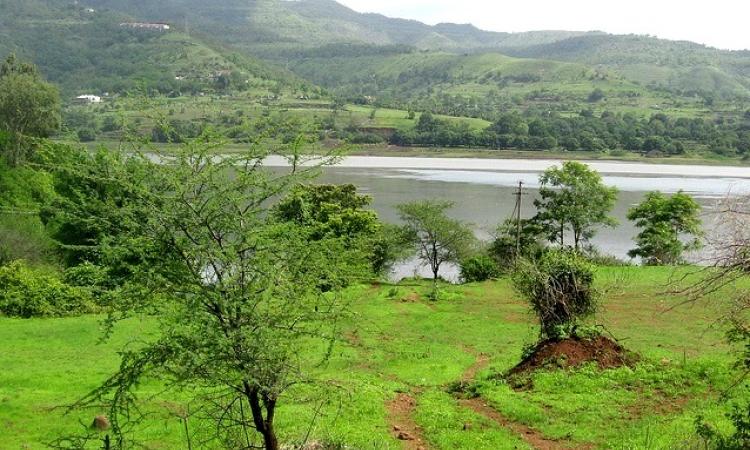
Declining groundwater levels and increasing stress on water resources in rural areas in India is a major concern for development since the livelihoods of a majority of the rural population depends on agriculture and the availability of sustainable water resources. More productive use of rainwater is necessary to help mitigate the impact of water scarcity.
The paper titled 'Can Integrated Watershed Management contribute to improvement of public health? A cross-sectional study from hilly tribal villages in India' published in the International Journal of Environmental Research and Public Health, informs that Integrated Watershed Management Programme (IWMP) can be an important tool to solve the problems of water scarcity in rural areas and can lead to improved health outcomes among populations.
What is Integrated Watershed Management (IWMP)
IWMP aims to restore ecological balance by utilising, conserving and developing degraded natural resources such as soil, vegetation and water and helps in the prevention of soil run-off, regeneration of natural vegetation, rainwater harvesting and recharging of the groundwater table. These advantages enable farmers to introduce multi-cropping and start diverse agro-based activities, which can help provide sustainable livelihoods to a large number of people residing in the watershed area [1].
Thus, the management of natural resources at the watershed scale produces multiple benefits in terms of increasing food production, improving livelihoods, protecting the environment, addressing gender and equity issues along with biodiversity concerns [2].
The Government of India has formulated guidelines for the implementation of an IWMP, which focuses not only on soil and water conservation but also converges all other relevant developmental schemes such as planting trees, improving agriculture, forming self-help groups, improving hygiene and sanitation, and managing drinking water.
The impact of watershed management on health outcomes
The impacts of watershed management on public health outcomes continue to be poorly researched in India. This is more so with respect to vulnerable regions like the hills and inaccessible tribal lands in forests that continue to face recurring water scarcity.
The paper presents the findings of a study that explores the impact of implementation of IWMP on public health outcomes in a tribal area in Maharashtra. The study was carried out in six villages located in a hilly terrain in a rural Jawhar block of Thane district. Of the six villages, IWMP had been implemented only in three villages, while the remaining three were categorised as non-watershed management villages. The study compared outcomes between the two.
Findings of the study
The implementation of IWMP in the three villages showed positive outcomes as compared to the other three where IWMP was not implemented.
- It improved water availability especially in non-rainy seasons, and improved the sanitation and hygiene situation by making water resources available for bathing, washing and toilet use.
- It led to increased awareness regarding water handling during storage and resulted in low faecal coliform contamination of household drinking water and lower number of households with occurrence of diarrhoea.
- It reduced the work burden of women who had to walk long distances to fetch water and also reduced school dropouts among girls who had to accompany their mothers to earlier fetch water.
- It improved the variety of crops cultivated, the choice of food grains and the consumption of vegetable and fruits.
- It reduced migration as compared to villages where IWMP was not implemented because of the generation of employment opportunities within the village.
- It created self-help groups, helped to strengthen local institutions and increase awareness regarding developmental aspects including health in the villages.
References
1. Government of India (Date not specified) Integrated watershed management programme. Downloaded on 28th June 2015.
2. Wani and Garg (Date not specified) Watershed management concepts and principles. Downloaded on 28th June 2015.
A copy of the paper can be downloaded from below: